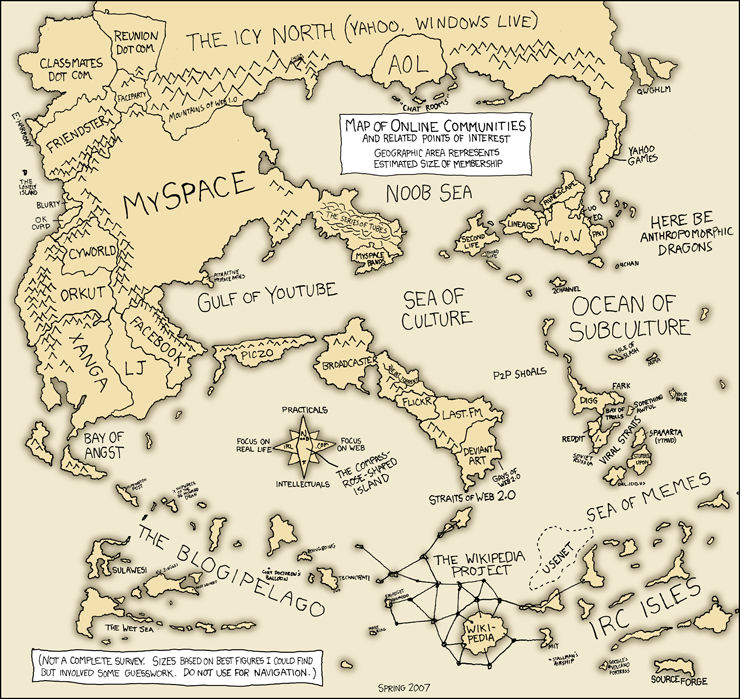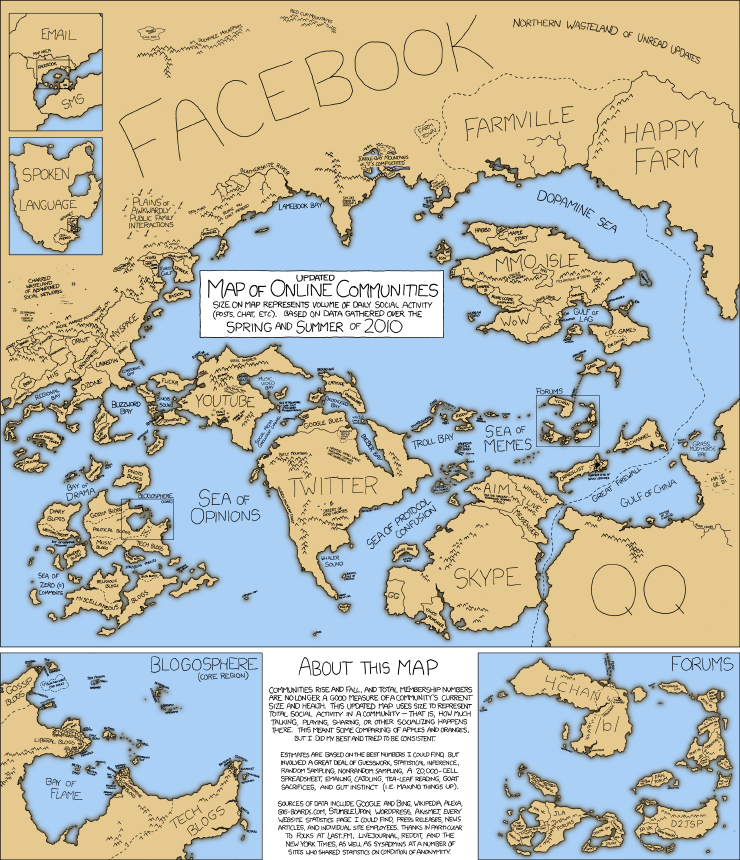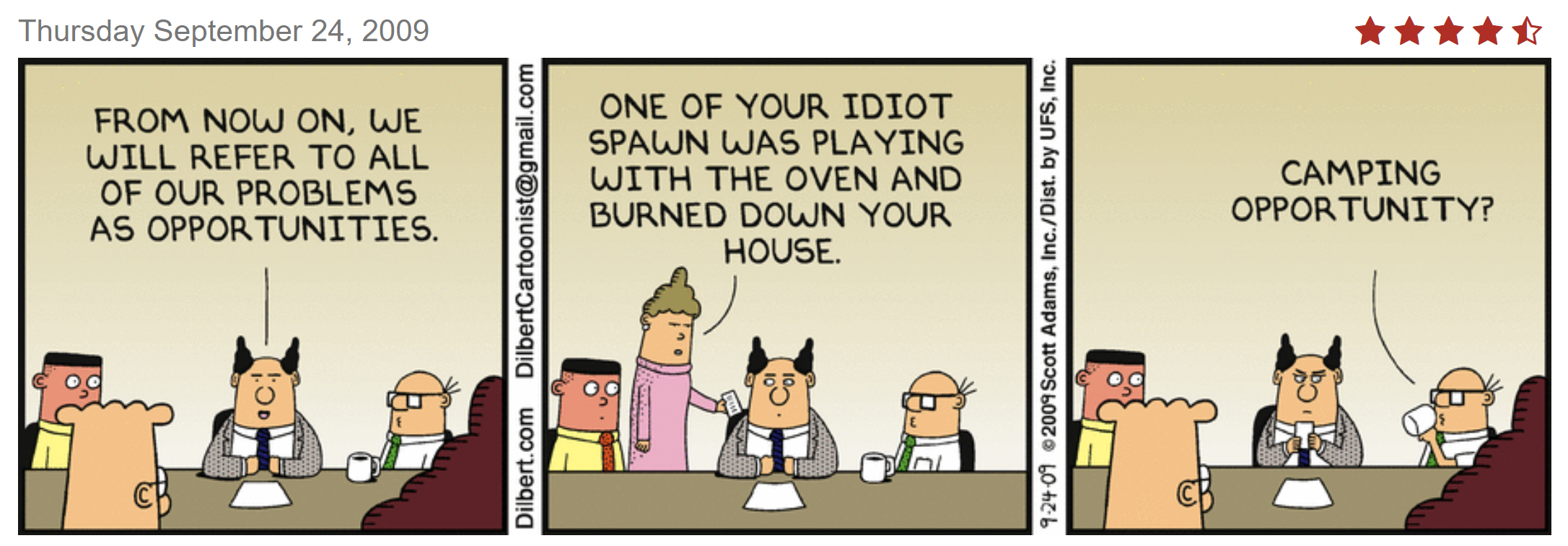The Digital Economy Crisis
A story mashed up by Daniel Kottow
dilbert.com by Scott Adams
We had it coming...
Kevin Kelly 2007

At the 2007 EG conference, Kevin Kelly shares a fun stat: The World Wide Web, as we know it, is only 5,000 days old. Now, Kelly asks, how can we predict what's coming in the next 5,000 days?.
December 2007

The Digital Economy is worth almost three trillion dollars today. (Forbes 2016)
Scott Galloway 2017


The combined market capitalization of Amazon, Apple, Facebook and Google is now equivalent to the GDP of India. How did these four companies come to infiltrate our lives so completely? In a spectacular rant, Scott Galloway shares insights and eye-opening stats about their dominance and motivation -- and what happens when a society prizes shareholder value over everything else.
October 2017
Broken Things




1. Revenue Model
| Try | Catch |
|---|---|
| Purchase | Digital Piracy |
| Subscription | Paywall |
| Advertisement | Ad blocking |
| Attention economy |

Jaron Lanier 2018



The Atlantic 2017
CJR 2015

Max Stossel 2016
You are the product

Variety 2018
In the early days of digital culture, Jaron Lanier helped craft a vision for the internet as public commons where humanity could share its knowledge -- but even then, this vision was haunted by the dark side of how it could turn out: with personal devices that control our lives, monitor our data and feed us stimuli. (Sound familiar?) In this visionary talk, Lanier reflects on a "globally tragic, astoundingly ridiculous mistake" companies like Google and Facebook made at the foundation of digital culture -- and how we can undo it. "We cannot have a society in which, if two people wish to communicate, the only way that can happen is if it's financed by a third person who wishes to manipulate them," he says.
April 2018
A poetic short film by Max Stossel & Sander van Dijk:
In the Attention Economy, technology and media are designed to maximize our screen-time. But what if they were designed to help us live by our values? ...
As technology gets more and more engaging, and as AI and VR become more and more prevalent in our day-to-day lives we need to take a look at how we’re structuring our future.
Time Well Spent is a movement to align technology with our humanity: www.timewellspent.io
November 2016
2. Digital Identity

| Internet has no built in identity model |
| Governments spy identities |
| Commerce sells identities |
| It's big |
| You don't control it |

Recode 2017

MarTech 2016

Jennifer Golberg 2013
The Verge 2018


Edward Snowden 2014

Appearing by telepresence robot, Edward Snowden speaks at TED2014 about surveillance and Internet freedom. The right to data privacy, he suggests, is not a partisan issue, but requires a fundamental rethink of the role of the internet in our lives — and the laws that protect it. "Your rights matter," he says, "because you never know when you're going to need them." Chris Anderson interviews, with special guest Tim Berners-Lee.
March 2014
Do you like curly fries? Have you Liked them on Facebook? Watch this talk to find out the surprising things Facebook (and others) can guess about you from your random Likes and Shares. Computer scientist Jennifer Golbeck explains how this came about, how some applications of the technology are not so cute -- and why she thinks we should return the control of information to its rightful owners.
October 2013
Cambridge Analytica improperly obtained data from as many as 50 million people. That's put Mark Zuckerberg on the defensive. The Verge's Silicon Valley editor Casey Newton reports.
April 2018
3. Copyright

| Internet has no built in copyright mechanism |
| Digital has produced several free license models |
| Copy protection is a stubborn monkey |



Ted Nelson 2016
Richard Stallman 2014


Lawrence Lessig 2010
The Lunduke Show 2018
In his new film, "Lo and Behold", Werner Herzog tells Ted Nelson that he thinks Ted is the only sane person in the computer field-- after seeing a simulation of Xanadu® documents. But that was just a simulation. Long ridiculed and considered impossible, here now are these documents for real. You can now create and distribute small xanadocs, with a little difficulty. This is a stake in the ground and a progress report, not a product announcement.
August 2016
It is the first TEDx talk of the founder of Free Software movement. Stallman, RMS for short, has changed the world with his vision of freedom for the digital age. He launched the GNU operating system, used with Linux as a component, and inspired the development of Creative Commons licences and Wikipedia project. In this talk, Stallman describes how nonfree programs give companies control of their users and what users can do in order to recover control over their computing.
June 2014
In this clip from www.artistshousemusic.org - Lawrence Lessig, Professor of Law at Stanford University and chairman of the Creative Commons project, places Digital Rights Management in its historical context as an outgrowth of the technological and cultural revolutions of the Twentieth Century, and discusses the ways in which the unintended consequences of DRM are choking off the creative potential of new and emerging technologies.
March 2010
This is a clip from the Lunduke Show -- you can get the full episode right here: https://www.patreon.com/posts/19247181
June 2018
| It's being bad. To people and technology. |
| There seem to be no clean aka technical fixes. |
| Try an open debate about ideas and policies. |
| Vote on what and how to implement. Run it as an experiment. |
So What
dilbert.com by Scott Adams
The Digital Economy Crisis
By daniel kottow
The Digital Economy Crisis
A mashup by Daniel Kottow
- 1,662





